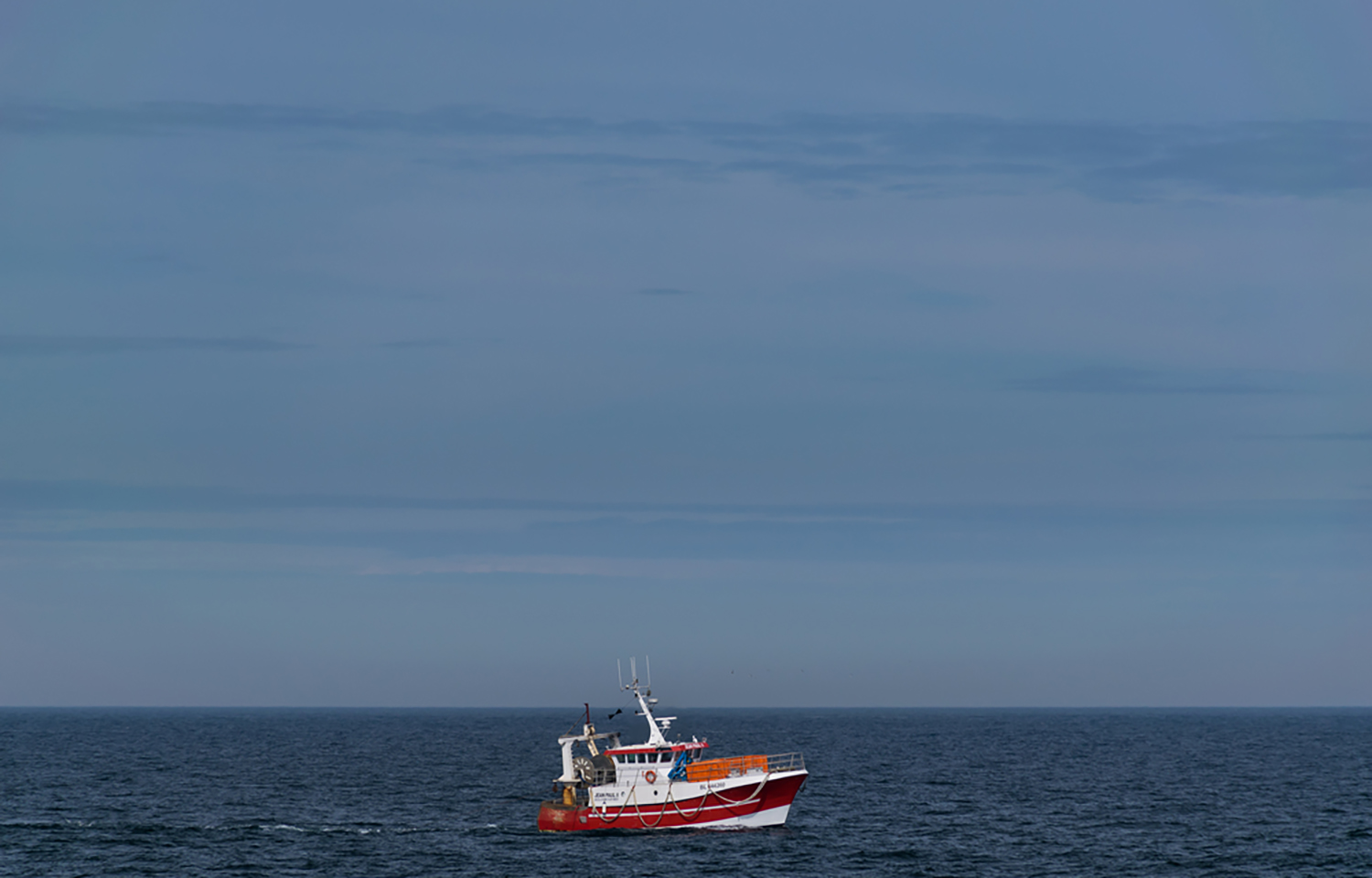European fisheries body Europêche has called upon European policymakers to rework elements of the E.U.'s Common Fisheries Policy (CFP), including strengthening its socioeconomic and food security sections and ensuring the European seafood industry is maintains its competitiveness internationally.
Alongside these requests, in a recent meeting with member states in preparation for the next legislative term of the European Parliament, Europêche reiterated its issues with E.U. nature protection rules and the implementation of the bloc’s fisheries control system, calling for an “urgent surgical revision” of failed E.U. policies such as its landing obligation.
“Unfortunately, certain E.U. fisheries policies were unworkable from their conception. Proof of that is the landing obligation,” Europêche Managing Director Daniel Voces told SeafoodSource. “It’s a clear example on how certain rules fabricated in Brussels were based on emotional campaigns and had little to do with reality. Despite continuous investments on innovation and gear selectivity, fishers have been criticized for not fully implementing a failed policy that, per definition, is unachievable."
Europêche previously voiced its appreciation for the efforts of E.U. co-legislators over five years of “difficult and complex negotiations” to modernize the control and enforcement measures originally adopted in 2009. But it reiterated its opposition to the requirement of onboard cameras and the permitted margin of error (or tolerance) between catch estimates made onboard and actual landings.
"The [European] Commission is trying now to make everybody believe that CCTV onboard will sort out the problem," Voces said. "The answer is much easier: we need to revise these rules.”
Similarly, the goal of establishing maximum sustainable yield (MSY) targets for all stocks by 2020 proved overly ambitious, Voces said. Consequently, for certain regions such as the Mediterranean, despite huge improvements made in recent years, the European Commission has had no choice but to delay the deadline for implementation, he said.
While the CFP has notably succeeded in replenishing the stock of numerous seafood species, there have been drawbacks to the policy, Voces said. For instance, by 2020, overall fishing pressure in the Northeast Atlantic had reached a historic low, and this took a heavy toll on the fisheries sector, which has seen a 28 percent decrease in the number of vessels active in the fishery since 2000, accompanied by a corresponding decline in employment.
With the ambitious laws adopted before 2020 governing technical measures, multiannual plans, management of the external fleet, working conditions, and more, together with the new European Maritime, Fisheries, and Aquaculture Fund (EMFAF) control rules and the signing of international environmental accords, E.U. fishers expected a ...








